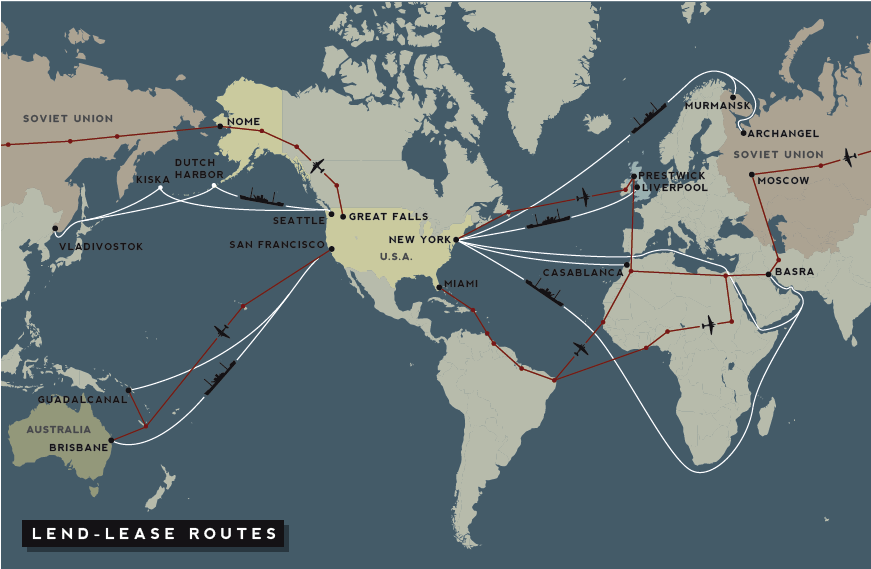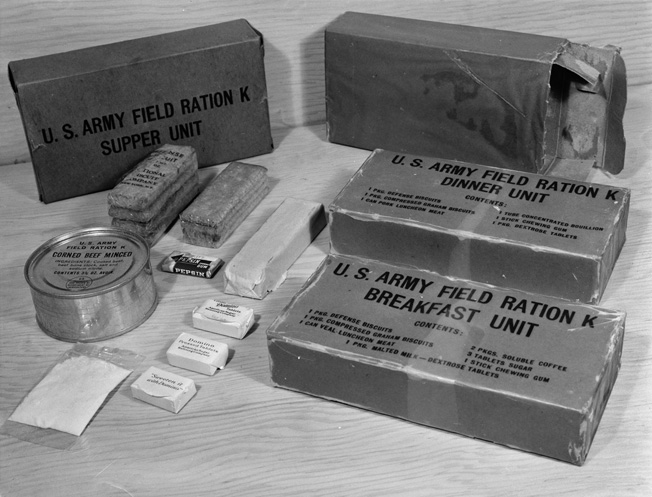this is true, even inside Rommel having a big victory; Gazala after all was a big victory; his strategic options where all bad and his army was exhausted after the hard fighting to achieve his big victory; and his superiors refused to give him reinforcements until it was too late and his window of initiative was lost; I have however saved him 2.5 weeks of fighting by my ATL ; so even though his manpower losses are worse his vehicle erosion isn't as badThe point went thataway.
It's not the long-term or medium-term I'm talking about. It's the short-term.
Hard fighting chews up troops and formations and equipment. What has been developed is a situation where attacking troops are exhausted and equipment is in need of repair and it will take time to get things back together. It's why after a hard fight, there is usually a pause and the troops that were involved get a breather. It's much more exhausting and debilitating to be on the attack than on the defence, so tempo is shifting towards the British.
Maintaining an attack beyond the initial phases needs tempo management, and usually involves three layers (sometimes more, rarely less). Layer 1 makes the initial attack and achieves the initial objectives. They then sit on that objective, resting and holding, while layer 2 moves through to move on to the follow-on objectives, while layer 3 is held ready to support either should there be unexpected difficulties (there will be). The faster the tempo one maintains, the more layers one needs, because exhausted troops thrown into an offensive operation quickly become dead troops.
To take a more modern example, and one in which I suspect I am more familiar with the details than most: June 11/12, 1982. 42 Cdo takes Mt Harriet. In doing so, they take 1 dead and 6 wounded to the extent of being unfit for further action, out of a strength of nigh on 700. 1% casualties. Trivial. And yet we were in no state to launch an attack on the follow-up objective of Mt Tumbledown, that being left to the Scots Guards.
Here, you've been committing large elements of available forces, and this will have consequences. The consequence is that follow-up actions become harder to the point of non-viable.
The German forces, as described to date, now have some very unpalatable options. They attack quickly, with degraded units, hoping to continue to get outrageous luck, and inevitably bounce. Or they wait to build up their strength for the next attack, in a situation where the British are building up their strength faster. Or they make an uneasy compromise, which gets the worst of both worlds. Or they pull back to their start lines and hope to draw the British forward into a killing ground (again).
thats why parallel to my having him have a more complete/decisive victory at Gazala, I'm having his superiors fold to his needs for reinforcements instead of insisting that they continue to be held for Hercules which is an attempt to offset the heavy losses he takes in my super Gazala; even at drastically negative strategic consequence (which they wouldn't know) to the eastern front
my timeline even giving Rommel distinct advantages and favors that he missed out on STILL depends on the British suffering an even more intense crisis of confidence than OTL which was already 90 percent chicken without head level



